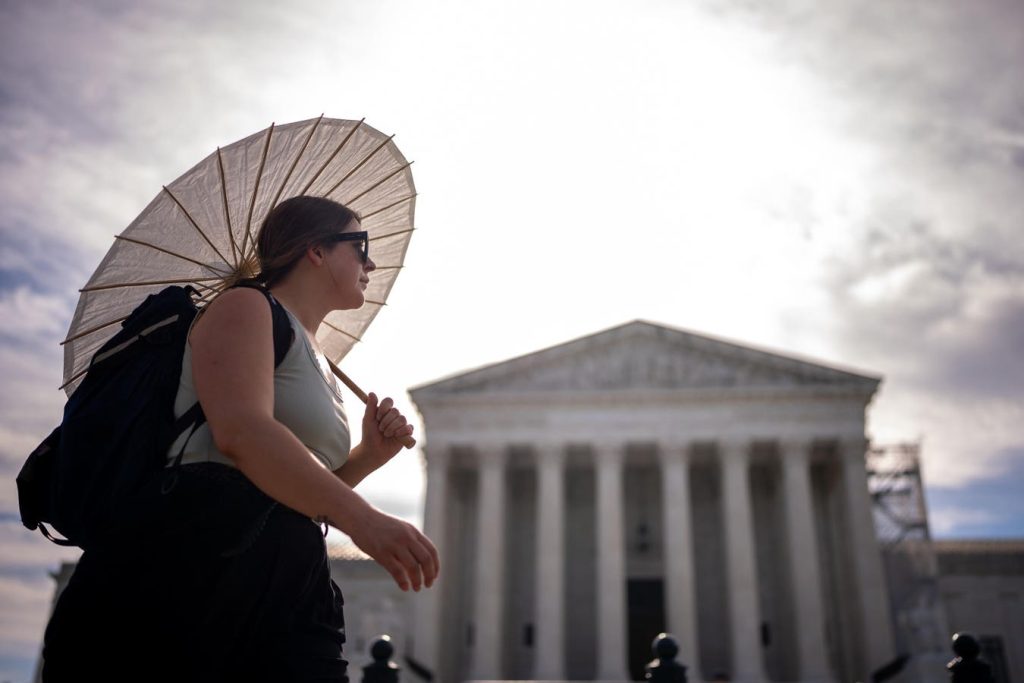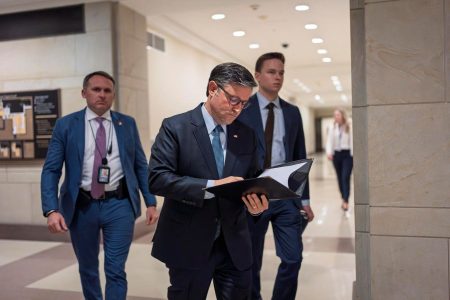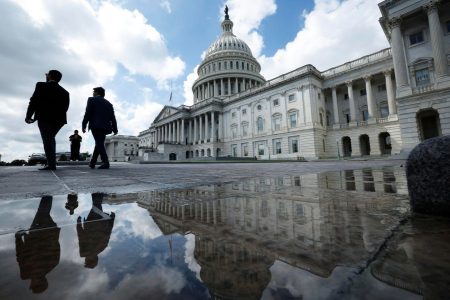In the recently-issued opinion in Moore v. United States, the court ruled 7-2 that the Tax Cuts and Jobs Act “mandatory repatriation tax” does not violate the Direct Tax Clause of the Constitution. Collectively, tax practitioners breathed a sigh of relief — as Moore had the potential to upend the tax code. The relief may be short lived, however, as the court’s decision in Loper Bright Enterprises v. Raimondo remains outstanding.
Loper Bright challenges Chevron deference, a doctrine that has been a lynchpin in the judicial review of agency interpretations for decades. Moore may preserve the status quo in anticipation of the real change maker coming later.
Moore to Come
In Moore, the Supreme Court upheld the constitutionality of the Mandatory Repatriation Tax enacted as part of the Tax Cuts and Jobs Act of 2017. The tax applies to U.S. shareholders of foreign corporations, requiring them to pay taxes on their pro rata share of the corporation’s accumulated undistributed earnings.
The Moores had argued, unsuccessfully, that the MRT was an unconstitutional unapportioned direct tax because it taxed their unrealized income without apportionment among the states. The Court ruled the MRT does not exceed Congress’s authority—but did so on narrow terms and was at pains to make clear the decision applied only to entities treated as pass-through entities and that no determination was made as to a constitutional requirement for realization in income tax application.
In plain terms, the decision reaffirms the principle that Congress can attribute a foreign corporation’s income to its U.S. shareholders and then tax them accordingly. So far, the Supreme Court has provided stability, placing a stamp of approval on the current tax framework.
With Moore providing stability, tax practitioners will now be shifting their attention and trepidation to the pending Loper Bright case, which poses a significantly more broad challenge to the stability of administrative law writ large—by no means excluding tax regulations.
Loper Bright
The pending Loper Bright case challenges the scope and validity of so-called Chevron Deference—a principle of administrative law first articulated in Chevron U.S.A., Inc. v. Natural Resources Defense Council, Inc., which holds that courts should defer to an administrative agency’s reasonable interpretation of an ambiguous statute.
Loper Bright involves a dispute over the National Marine Fisheries Service requirement that fishing industry vessels pay for monitors to ensure compliance with fishery conservation regulations. The narrow legal question is whether Chevron Deference should apply when a statute is silent as to an agency’s authority—put differently, does statutory silence on an issue constitute statutory ambiguity on that issue?
While the court took a narrow approach in Moore, it need not do the same in Loper Bright. The petitioners in the latter argue that Chevron Deference should not apply in cases where a statute is silent on a given issue—as in the allocation of the costs of a regulation. The Court could answer that question specifically and decline to take up the broader question of Chevron Deference writ large, but the conservative-leaning court may be inclined to further the decades-long conservative project of reducing the power of administrative agencies.
A Supreme Court overruling or limitation of Chevron Deference could have massive implications for tax law—with some niches, such as transfer pricing, potentially being entirely gutted. The Internal Revenue Service and Treasury, like all other agencies, relies on assumed deference to interpret complex and ambiguous tax statutes. Without such deference, courts may no longer defer to IRS interpretations and we may see a major uptick in challenges to tax regulations—with many put on hold during the pendency of the challenge.
A wholesale rejection of Chevron could embolden challenges to existing tax regulations and lead to a wave of litigation aimed at overturning established interpretation—bringing with it uncertainty and instability.
Even as we breathe a sigh of relief in reading Moore, we must prepare ourselves for a potentially redefined relationship between courts and administrative agencies, and a new era of tax policy and practice.
Read the full article here
















